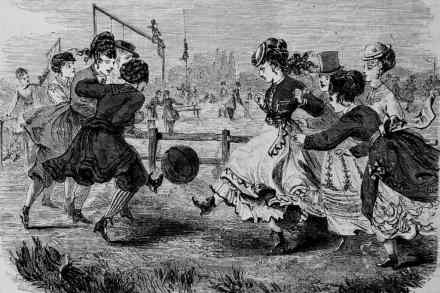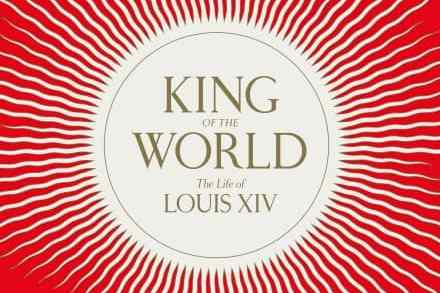The great breakfast dilemma: should baked beans be part of a full English?
A popular pastime in Britain is to post one’s breakfast on social media for strangers to pass judgment on bacon crispiness, egg doneness and whether baked beans are a vital component or just spoil the whole thing. Felicity Cloake is a writer after my own heart: she is not a fan of beans with her full English. ‘I object to the way they encroach on everything,’ she writes in Red Sauce Brown Sauce, and then quotes Alan Partridge on the importance of ‘distance between the eggs and the beans. I may want to mix them, but I want that to be my decision. Use a sausage as a breakwater.’ Or,





















